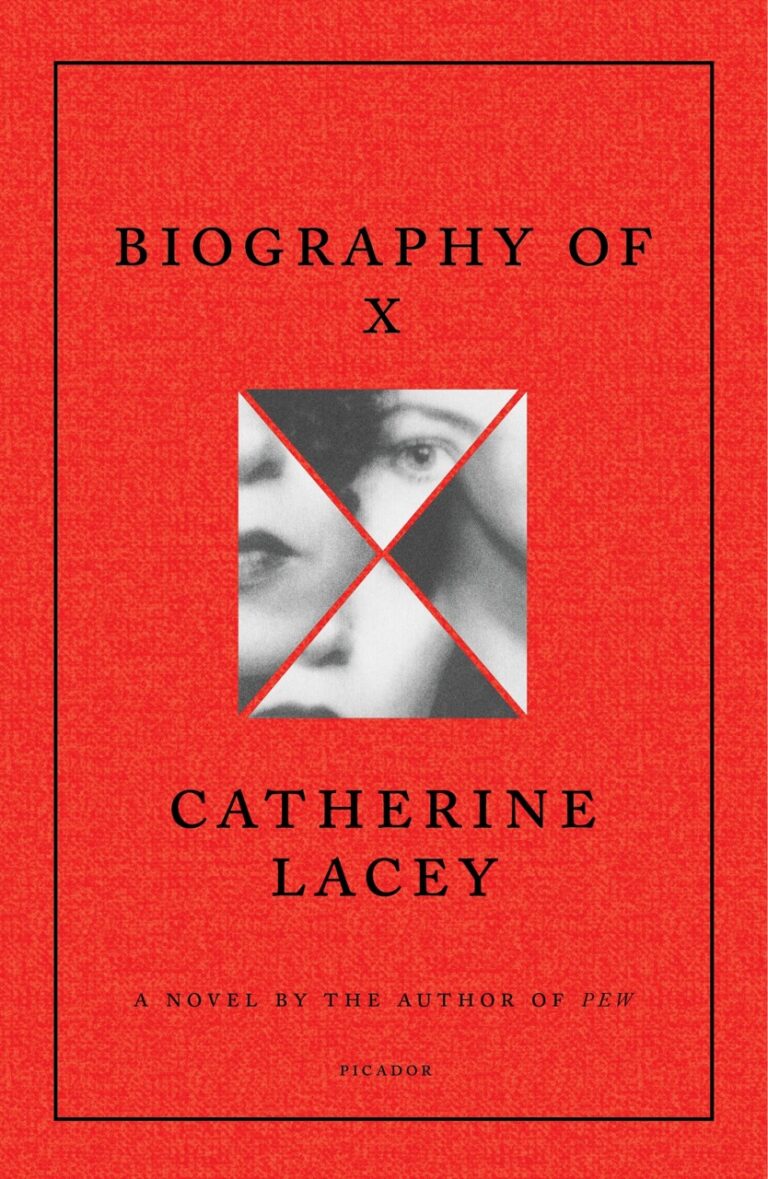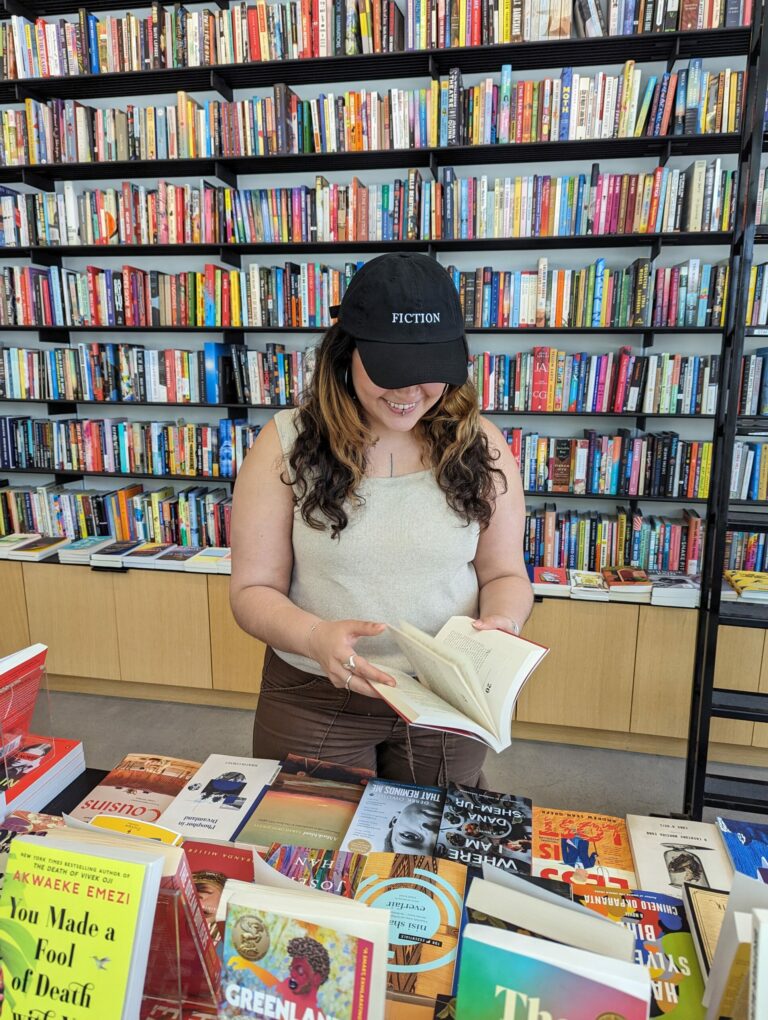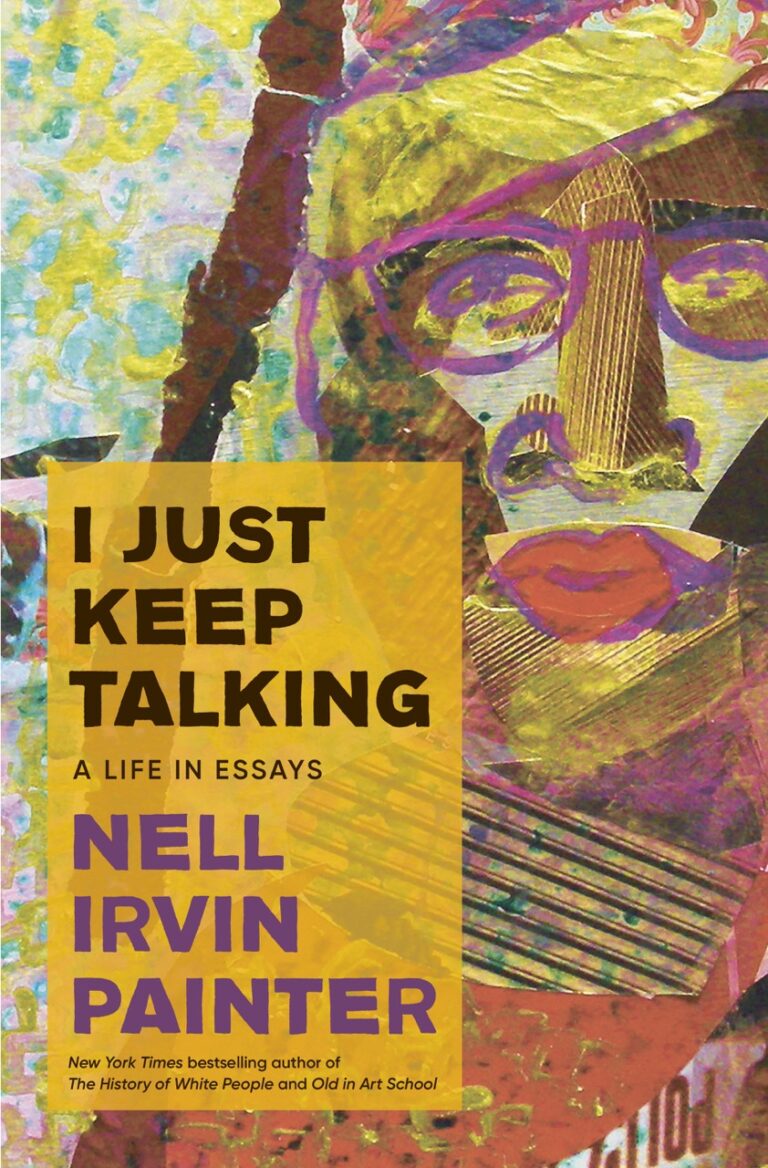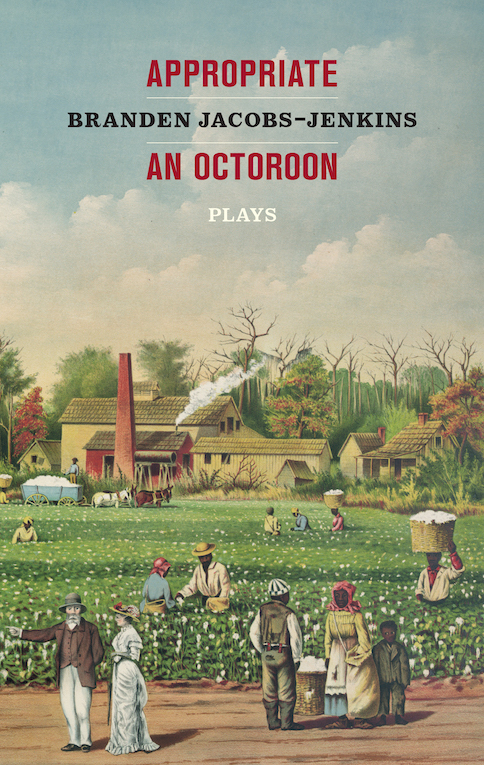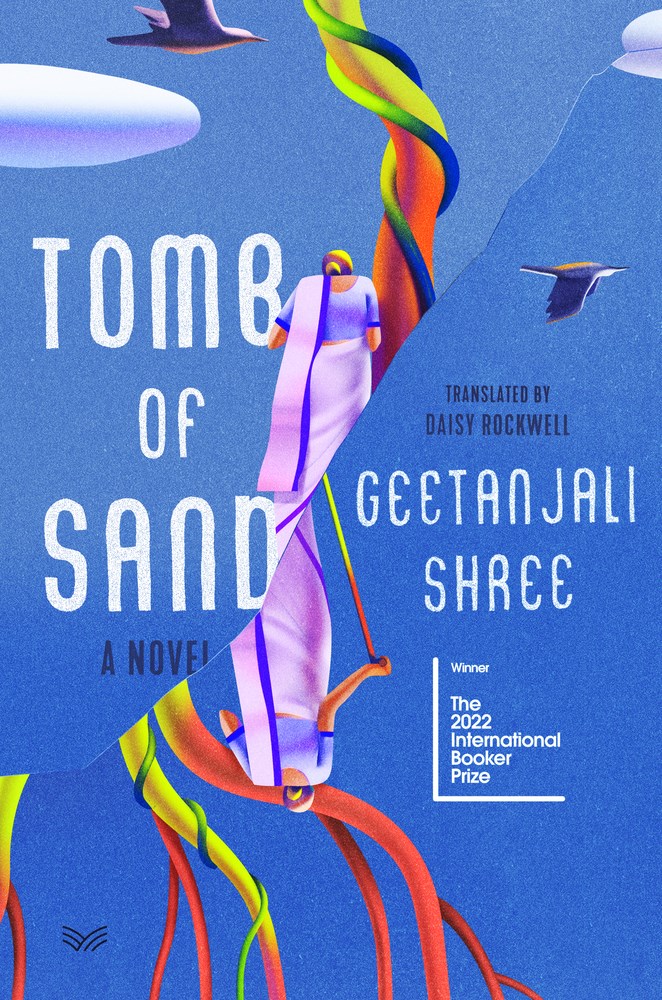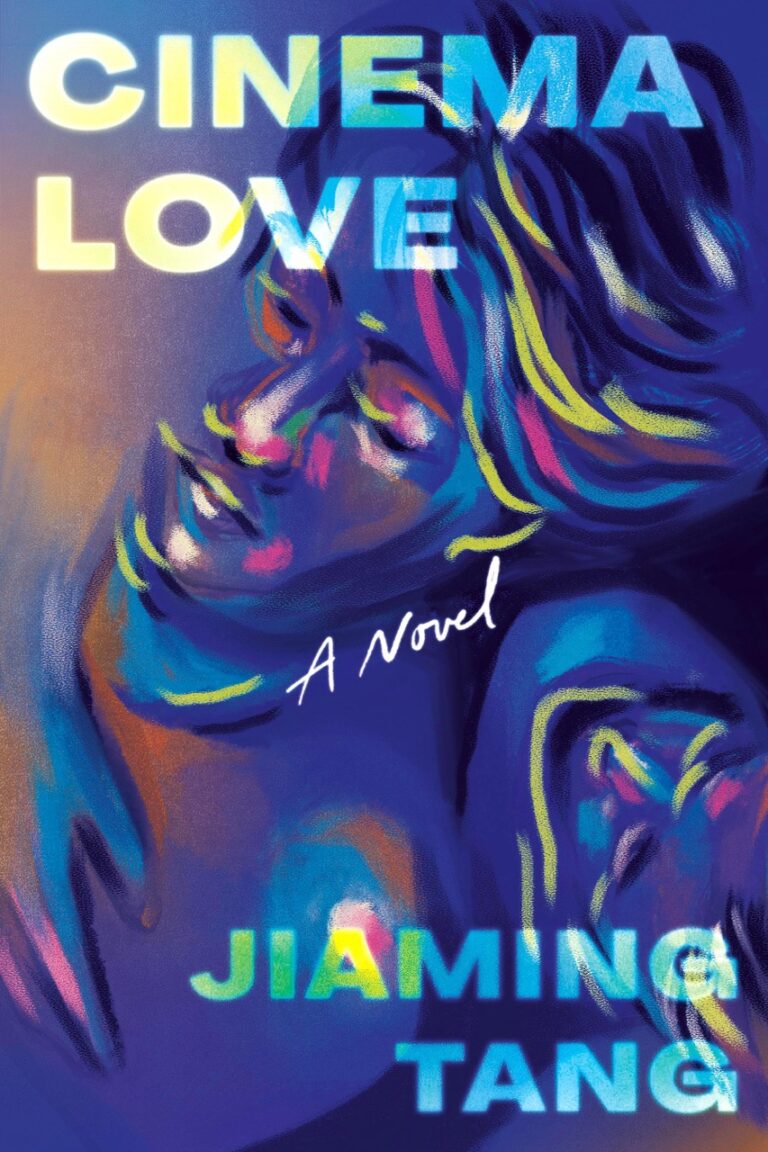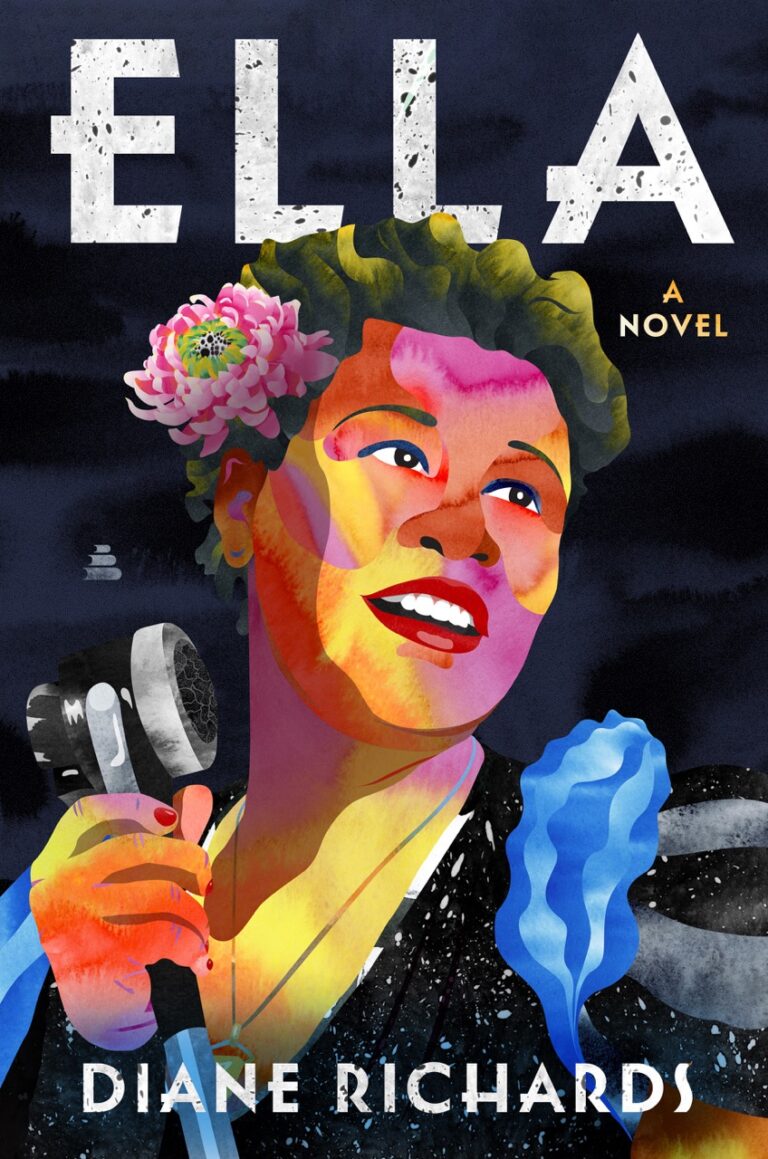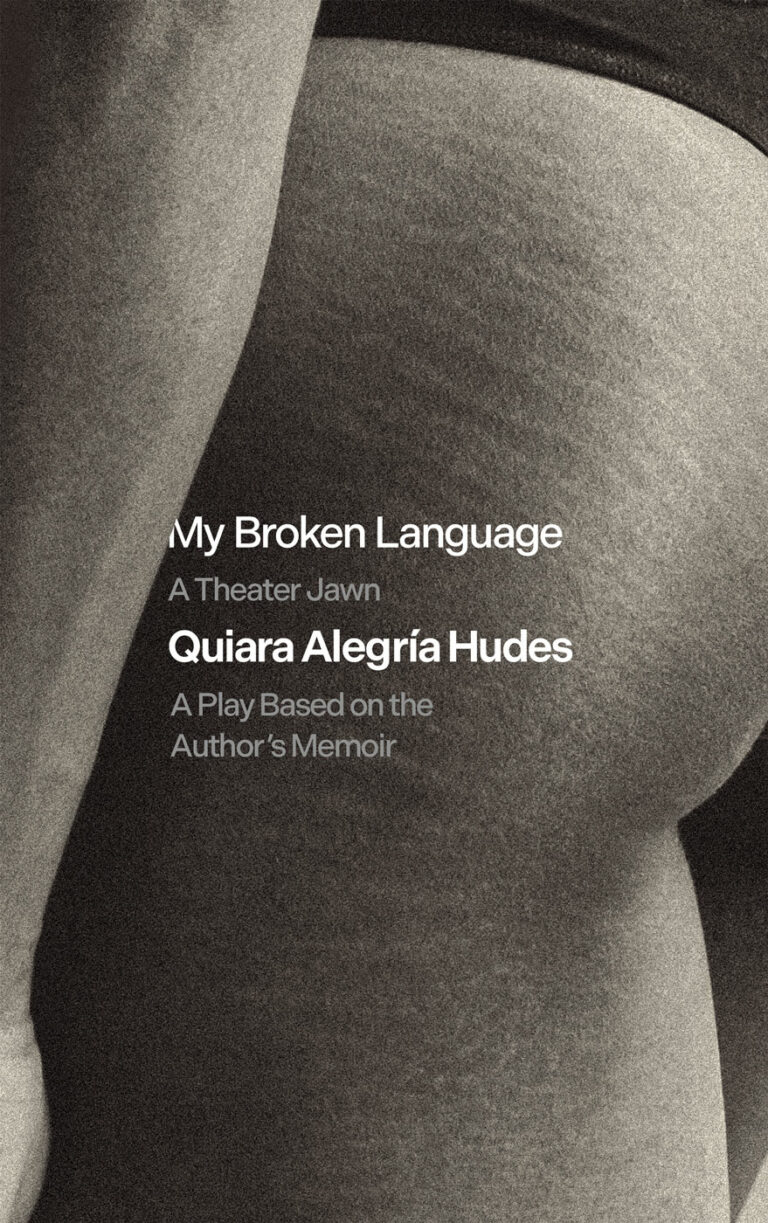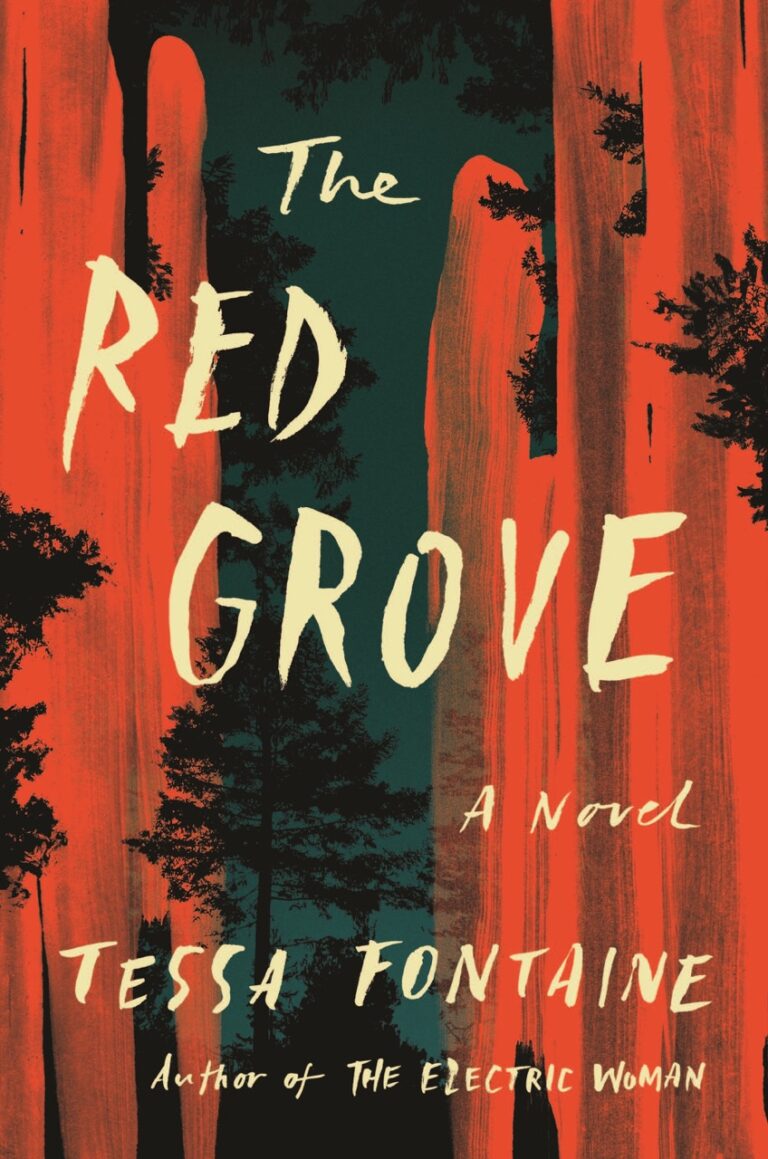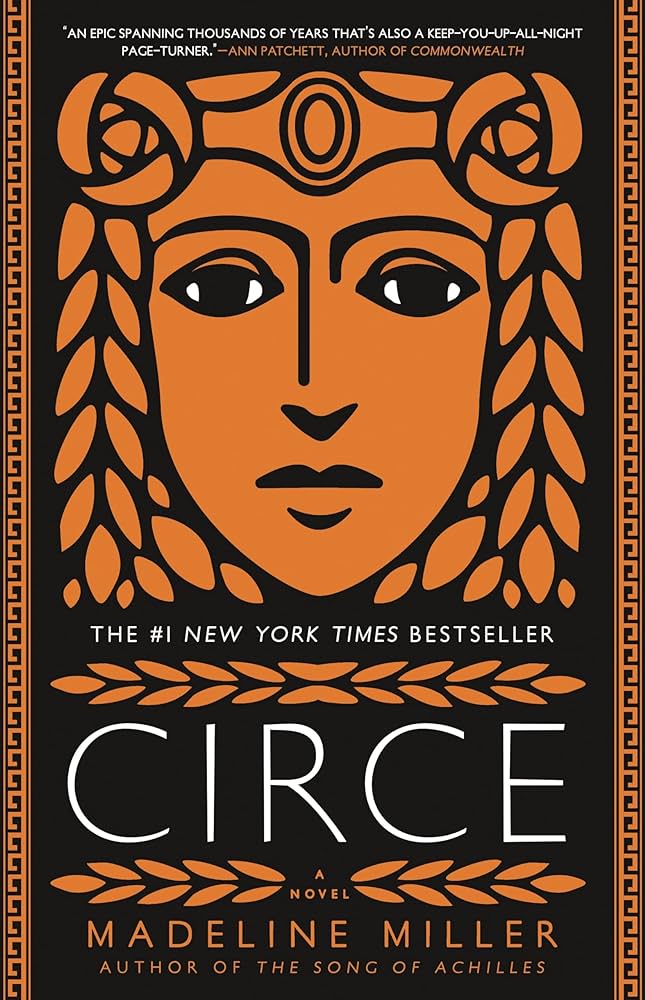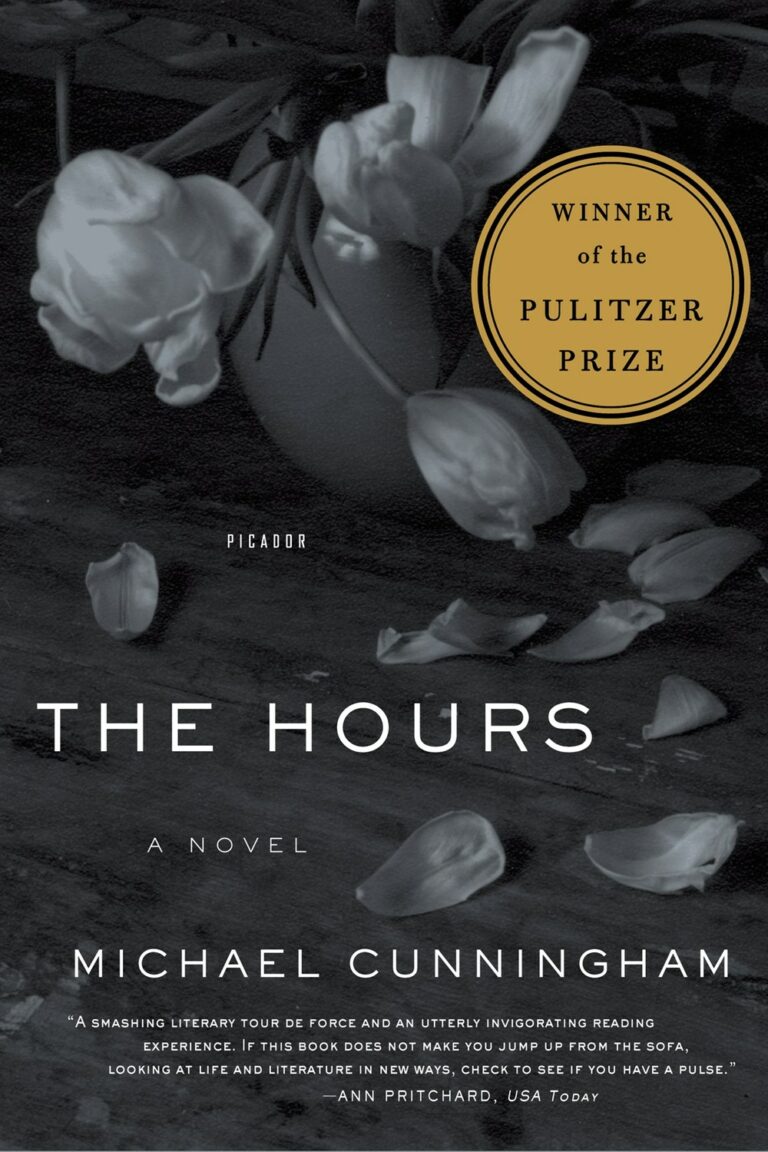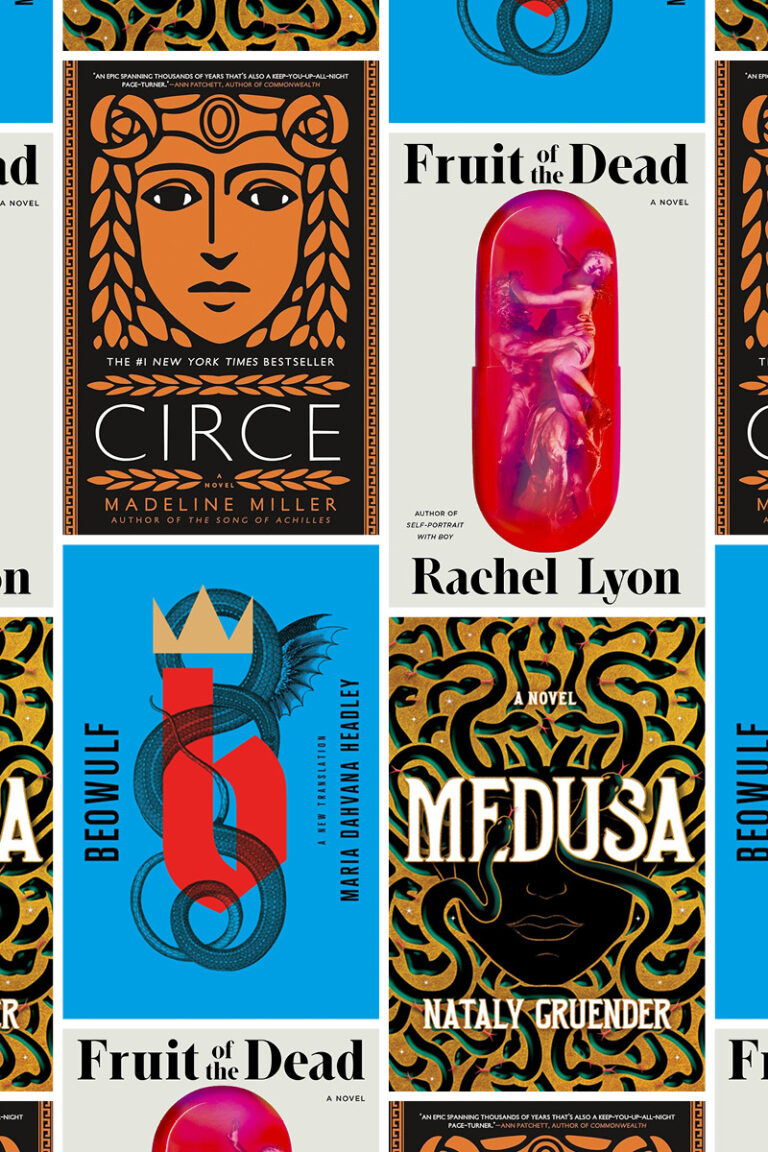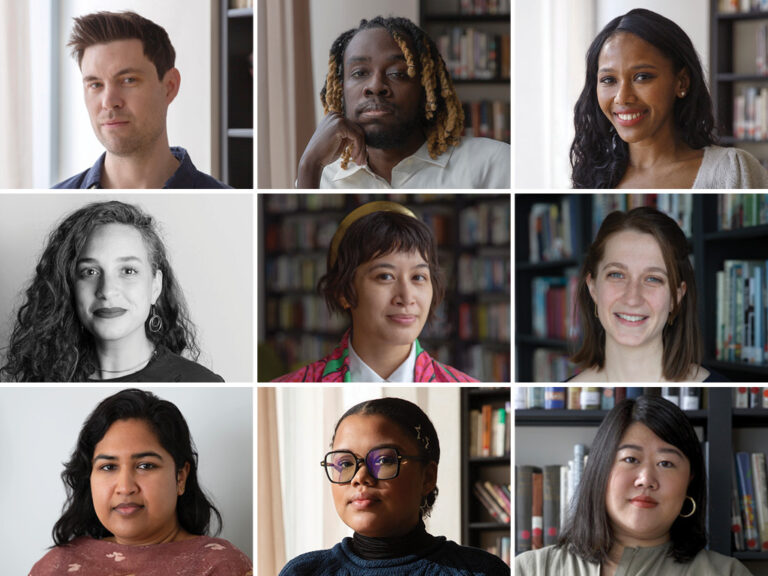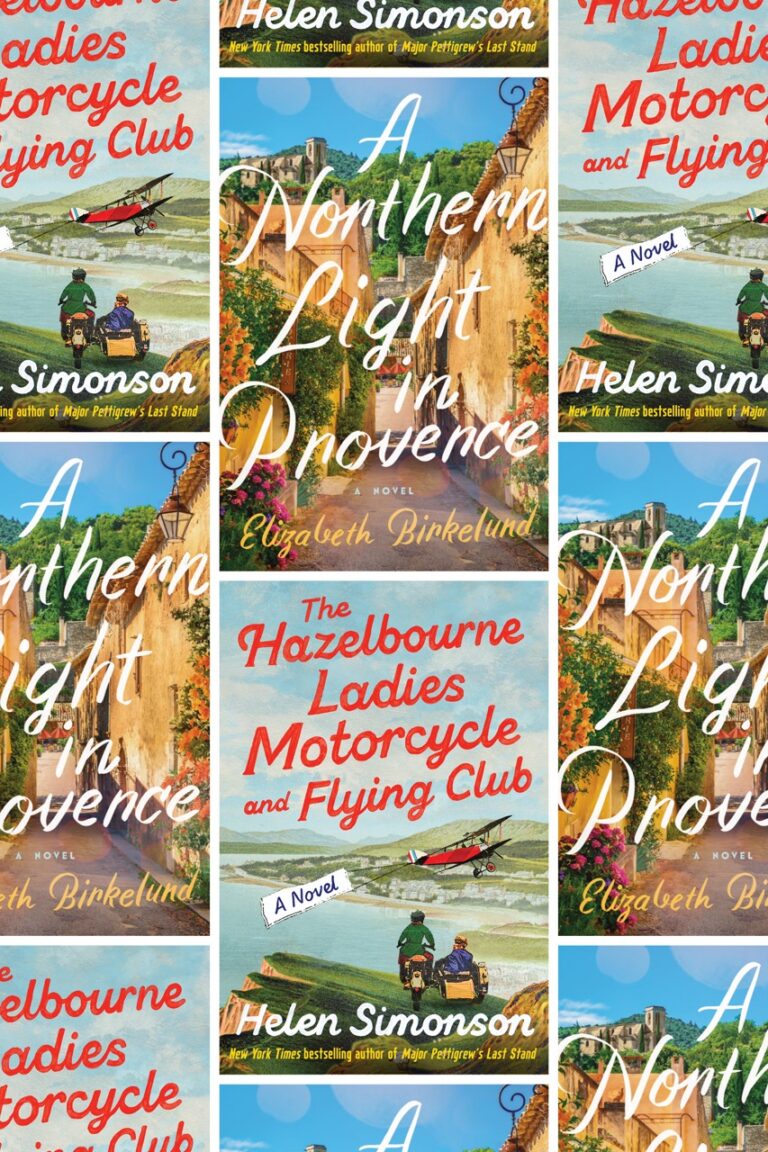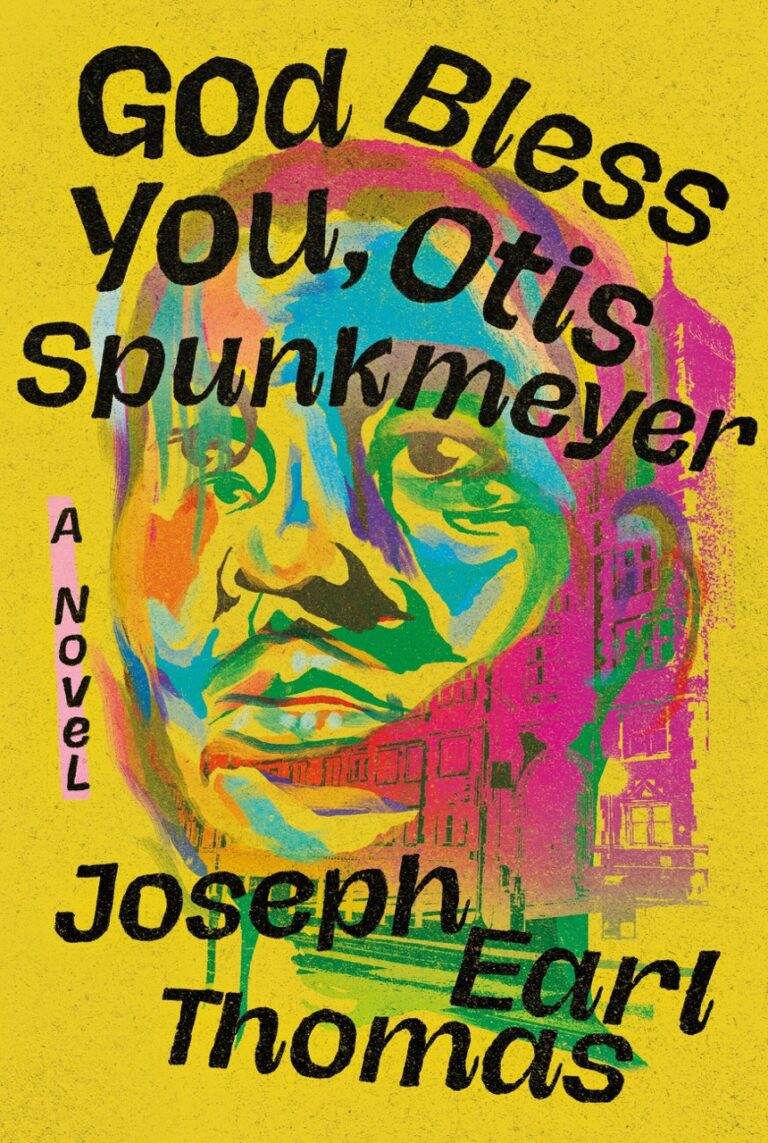Tuesday, 7:00 pm EDT November 1, 2022
The Center for Fiction
& Livestreamed
In-person tickets include a $10 bookstore voucher, redeemable toward the featured event book on the night of the event. All registrants will receive a link to livestream the event.
From internationally acclaimed Somali-Italian writer Igiaba Scego comes The Color Line, a gorgeous, haunting novel inspired by true events. We are happy to celebrate the new English translation of Scebo’s La linea del colore—which won the Premio Napoli Prize. The novel intertwines the lives of two Black female artists more than a century apart, both outsiders in Italy: In 1887, an African-American artist, Lafanu Brown, finds freedom in Rome as one of the city’s most established painters, after the rare opportunity to study, travel, and follow her dreams—but not without facing intolerance and violence. In 2019, an African-Italian art curator despairs over her Somali cousin’s quest to cross borders and reach Europe, while becoming more and more obsessed with the life and secrets of nineteenth-century painter Lafanu Brown. Maaza Mengiste calls the novel “a testament to the possibilities of liberation that rest in every act against injustice, and in every moment of artistic creation.”
Scego comes to our stage for a discussion about her powerful exploration of what it means to be “other,” to be a woman, and particularly a Black woman, in a foreign country, yesterday and today. She will be joined by author Ayana Mathis (The Twelve Tribes of Hattie).
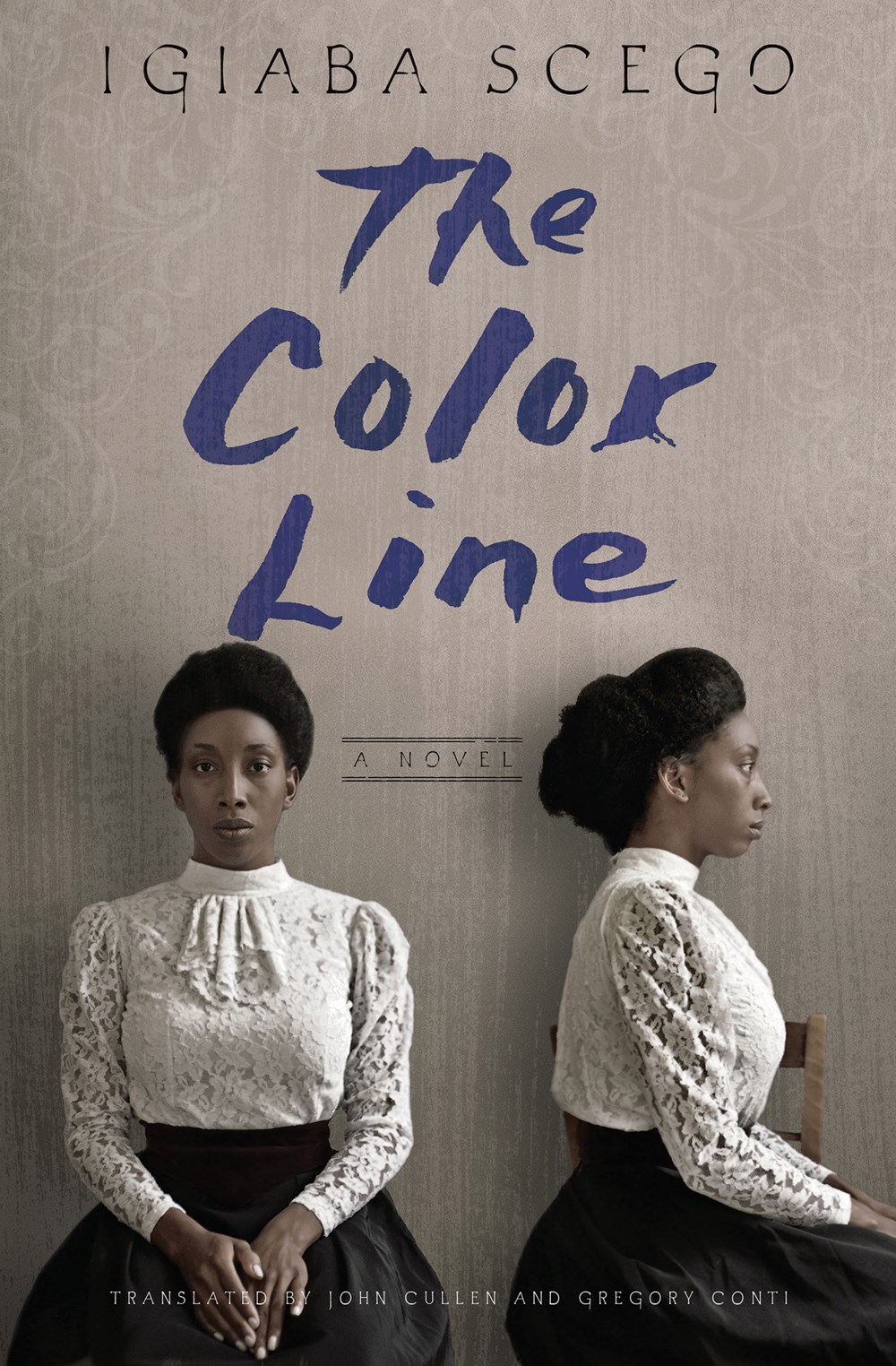
Featuring
-
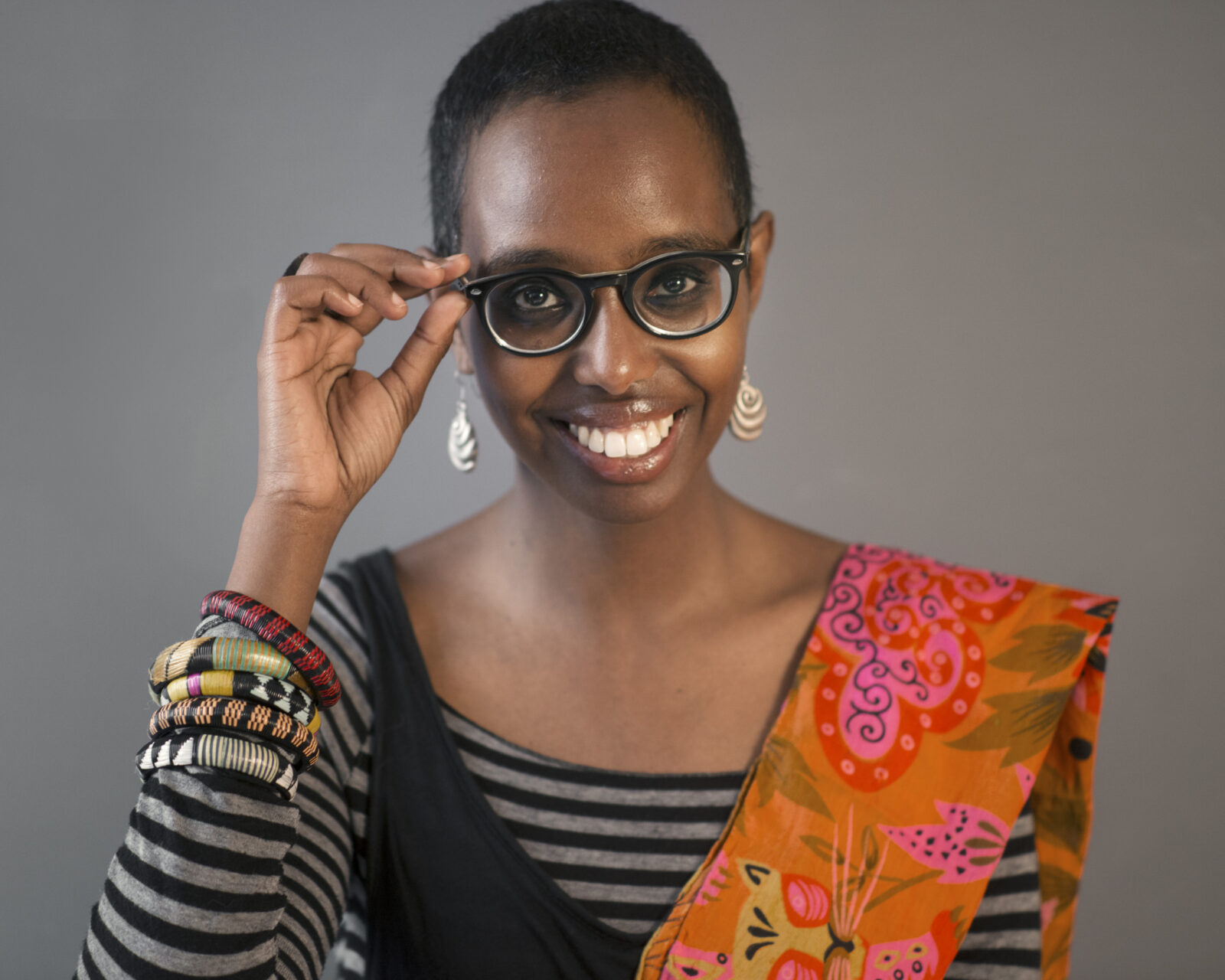
Igiaba Scego
Igiaba Scego
Igiaba Scego was born in Rome in 1974 to a family of Somali ancestry. She holds a PhD in education on postcolonial subjects and has done extensive academic work in Italy and around the world. Her memoir La mia casa è dove sono won Italy’s prestigious Mondello Prize. She is a frequent contributor to the magazine Internazionale and to Il Venerdì di Repubblica, a supplement to La Repubblica.
Photo Credit: Simona Filippini
-

Ayana Mathis
Ayana Mathis
Ayana Mathis’s first novel, The Twelve Tribes of Hattie (Knopf, 2012), was a New York Times Bestseller, a 2013 New York Times Notable Book, NPR Best Book of 2013, and second selection for Oprah’s Book Club 2.0 and was long listed for the Dublin Literary Award and nominated for Hurston/Wright Foundation’s Legacy Award. Mathis’s nonfiction has been published in the the New York Times, the Atlantic, the Financial Times, Rolling Stone, and Glamour. Her work has been supported by the New York Public Library’s Cullman Center, Civitella Ranieri Foundation, and the Bogliasco Foundation. She was a 2020-2021 American Academy in Berlin Prize Fellow. Mathis received her MFA at the Iowa Writers’ Workshop. She currently teaches at Hunter College’s MFA Program. Her second novel, The Unsettled, will be punished with Knopf in 2023.
Featured Book
-
.
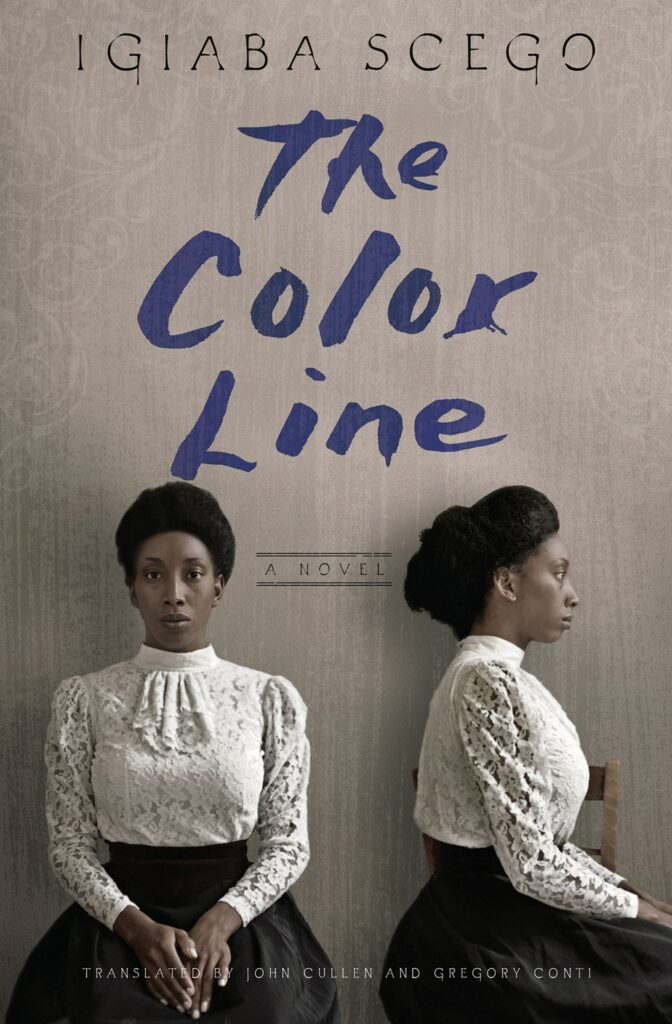
The Color Line
By Igiaba Scego
Published by Other Press
Translated by John Cullen & Gregory Conti
Inspired by true events, this gorgeous, haunting novel intertwines the lives of two Black female artists more than a century apart, both outsiders in Italy.
It was the middle of the nineteenth century when Lafanu Brown audaciously decided to become an artist. In the wake of the American Civil War, life was especially tough for Black women, but she didn’t let that stop her. The daughter of a Chippewa woman and an African-Haitian man, Lafanu had the rare opportunity to study, travel, and follow her dreams, thanks to her indomitable spirit, but not without facing intolerance and violence. Now, in 1887, living in Rome as one of the city’s most established painters, she is ready to tell her fiancé about her difficult life, which began in a poor family forty years earlier.
In 2019, an Italian art curator of Somali origin is desperately trying to bring to Europe her younger cousin, who is only sixteen and has already tried to reach Italy on a long, treacherous journey. While organizing an art exhibition that will combine the paintings of Lafanu Brown with the artworks of young migrants, the curator becomes more and more obsessed with the life and secrets of the nineteenth-century painter.
Weaving together these two vibrant voices, Igiaba Scego has crafted a powerful exploration of what it means to be “other,” to be a woman, and particularly a Black woman, in a foreign country, yesterday and today.
